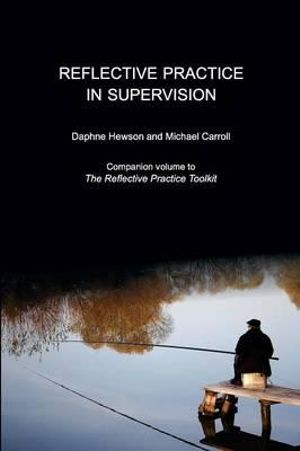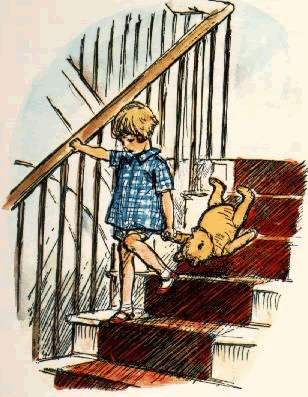
Qualifications:
AASW supervisor; PACFA Accredited supervisor:
Listed on Supervision Register for AASW, CCAA, PACFA, Salvation Army & St Lukes Theological College
My approach focuses on:
- Reflective supervision (see what is reflective supervision at bottom of screen)
- Strengths – what’s going well, identify and build on personal and professional assets
- Code of ethics from your professional association
- Needs of supervisee; not management of your organisation’s key performance indicators or program focus.
- Self-care
My Experience:
10 years as a mentor
Clinical supervisor since 2013; PACFA Accredited Supervisor since 2017
- supervising a range of practitioners :
- new grads to senior members of profession
- in private practice :
- therapists looking to transition from salaried employment to establishing their private practice;
- very experienced private practitioners looking to keep their practice current
- government and non-government employees seeking external supervision
- Christian workers and members of clergy
What is a PACFA Accredited supervisor?
- requirements to become accredited:
- A minimum of 20 hours training or professional development in supervision
- 50 hours of supervisor practice over a minimum of 2 years
- 10 hours of supervision on supervision practice
- plus yearly CPD requirements
- receiving ongoing supervision upon my supervision practice;
- specific supervision training: in 2020 my peer group of supervisors is studying “Reflective Practice in Supervision” by Daphne Hewson & Michael Carroll.

What is Reflective Supervision?
“Here is Edward Bear, coming downstairs now, bump, bump, bump on the back of his head, behind Christopher Robin; It is as far as he knows, the only way of coming downstairs, but sometimes he feels there really is another ways. If only he could stop bumping for a moment and think of it. And then he feels that perhaps there isn’t” A.A.Milne
Like Edward Bear, we often want to “stop bumping for a moment” and think of another way of doing whatever it is we are doing. Reflection might help here. Edward Bear could ask: What’s working well in my particular manner of coming down the stairs? What isn’t working so well? What assumptions am I making? Might there be another way of coming down the stairs that’s more efficient and less painful?
We are often not unlike Edward Bear. Reflective supervision assists us to notice our mindsets, and what mindsets might be blinding us to other possibilities. Within an unhurried and supportive space, the supervisee is encouraged to reflect upon their practice to generate their own insights. The supervisor can also notice what the supervisee can’t see and can help to unpack the taken-for granteds. In this way, we don’t have to keep bumping downs the stairs over and over again.
Reflective Practice in Supervision” by Daphne Hewson & Michael Carroll, MoshPit Publishing, Haxelbroook, 2016, page v.